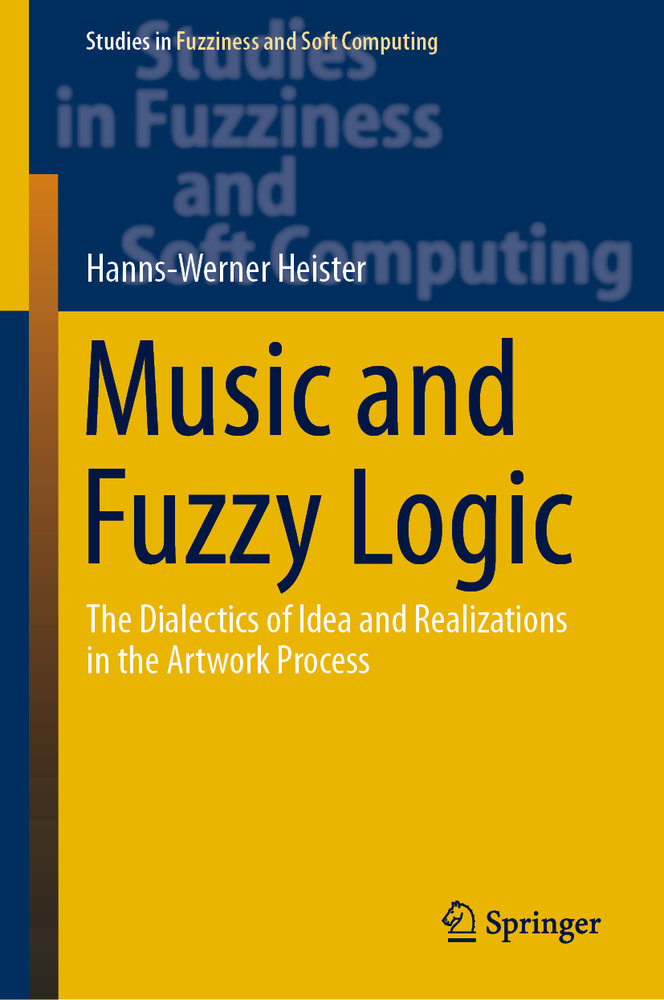This book unfolds the manifold, complex and intertwined relations between Fuzzy Logic and music in a first comprehensive overview on this topic: systematically as an outline, as completely as possible, in the aspects of Fuzzy Logic in this relation, and especially in music as a process with three main phases, five anthropological layers, and thirteen forms of existence of the art work (Classics, Jazz, Pop, Folklore). Being concerned with the ontological, gnoseological, psychological, and (music-) aesthetical status and the relative importance of different phenomena of relationship between music and Fuzzy Logic, the explication follows the four main principles (with five phenotypes) of Fuzzy Logic with respect to music: similarity, sharpening 1 as filtering, sharpening 2 as crystallization, blurring, and variation. The book reports on years of author's research on topics that have been only little explored so far in the area of Music and Fuzzy Logic. It merges concepts of music analysis with fuzzy logical modes of thinking, in a unique way that is expected to attract both specialists of music and specialists of Fuzzy Logic, and also non-specialists in both fields. The book introduces the concept of dialectic between sharpening and - conscious - "blurring". In turn, some important aspects of this dialectic are discussed, placing them in an historical dimension, and ending in the postulation of a 'musical turn' in the sciences, with some important reflections concerning a "Philosophy of Fuzzy Logic". Moreover, a production-oriented thinking is borrowed from fuzzy logic to musicology in this book, opening new perspectives in music, and possibly also in other artistic fields.



